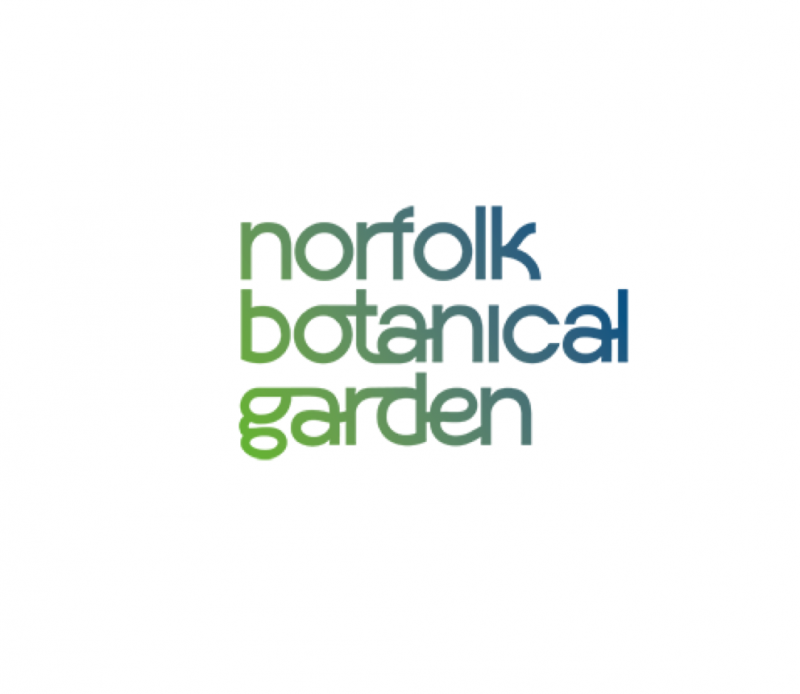
Norfolk Botanical Garden : School Field Trips
Schedule your class, grade level, school, or summer camp to complete a self-guided or guided learning experience during your next visit to Norfolk Botanical Garden! All of our activities are

Schedule your class, grade level, school, or summer camp to complete a self-guided or guided learning experience during your next visit to Norfolk Botanical Garden! All of our activities are
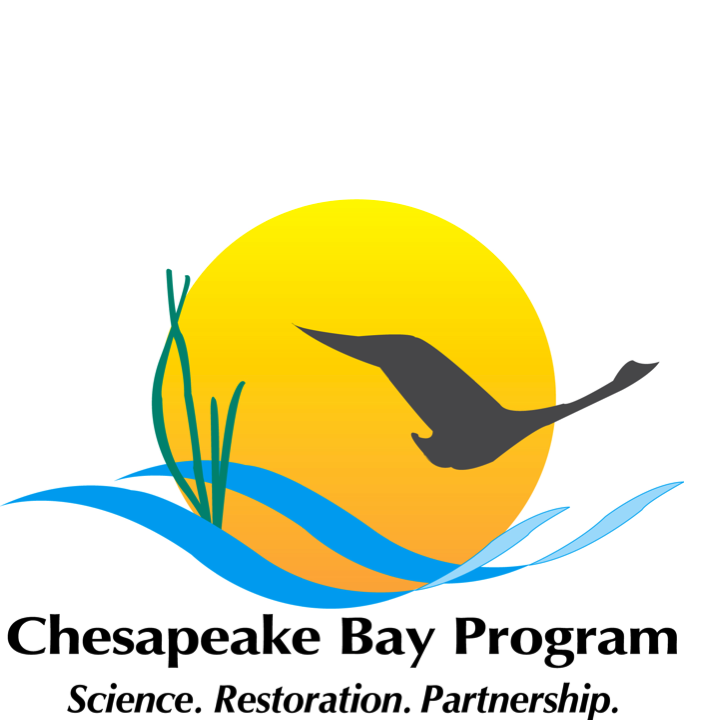
This is a guide to estuary basics entitled ‘Introduction to an Ecosystem’. Learn about the Bay ecosystem, its geology, water and sediments, habitats, living resources and biological communities, food production

Enjoy an online interactive database of water quality monitoring reports from the Environmental Protection Agency. Learn the current health condition of any river in the US and check to see
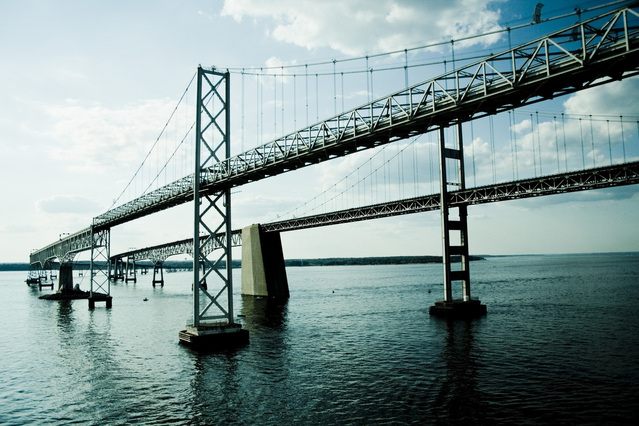
Look at aerial images of chlorophyll, temperature, salinity, and primary productivity levels from the Chesapeake Bay remote Sensing Program based on year and location in the Bay.
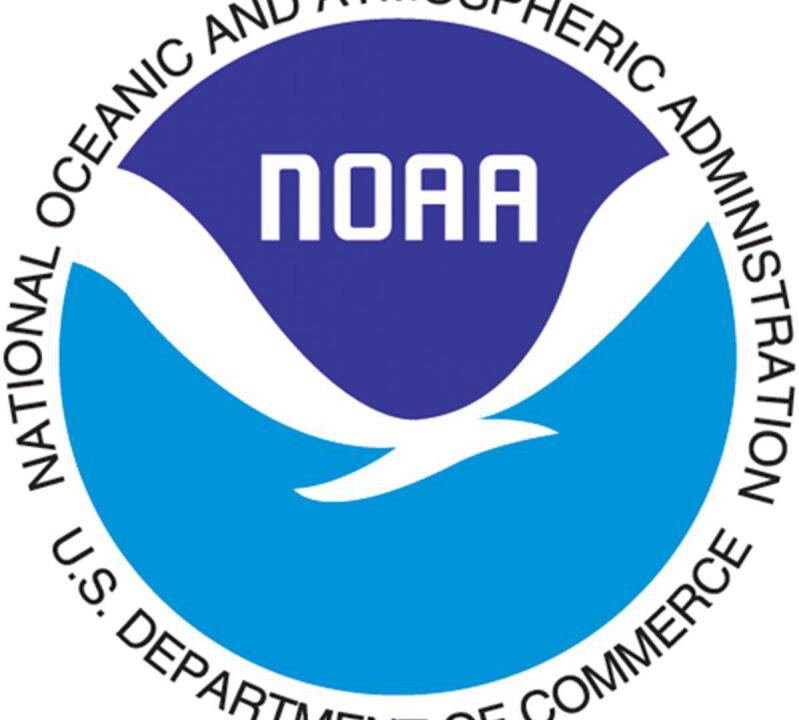
Includes research, cases studies, data, charts, and background information on Aquatic Food Webs, Coral Reef Ecosystems, Life in an Estuary, Marine Mammals, and Sea Turtles.
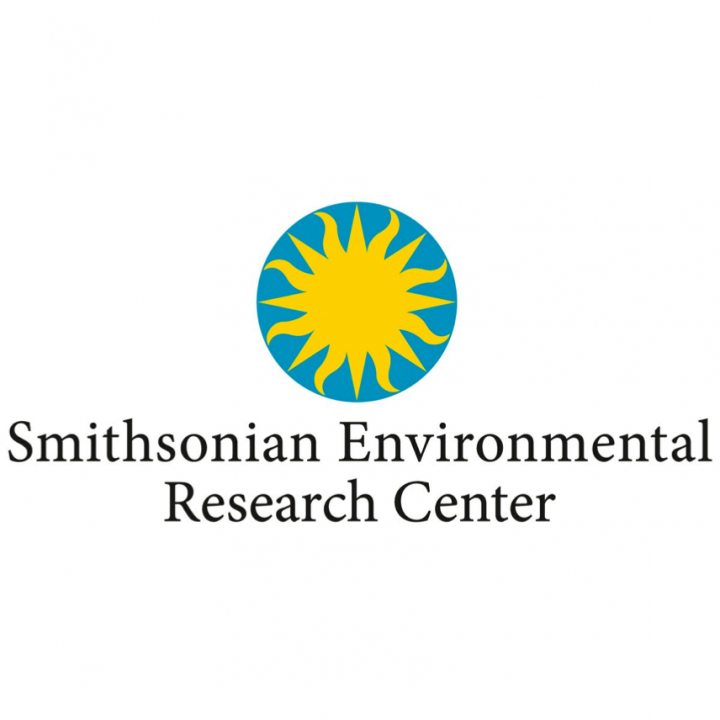
Explore the Smithsonian Environmental Research Center’s research by topic. Topics include biodiversity and conservation, biological invasions, ecosystems ecology, environmental pollution, food webs, global change, history & archaeology, parasite & disease
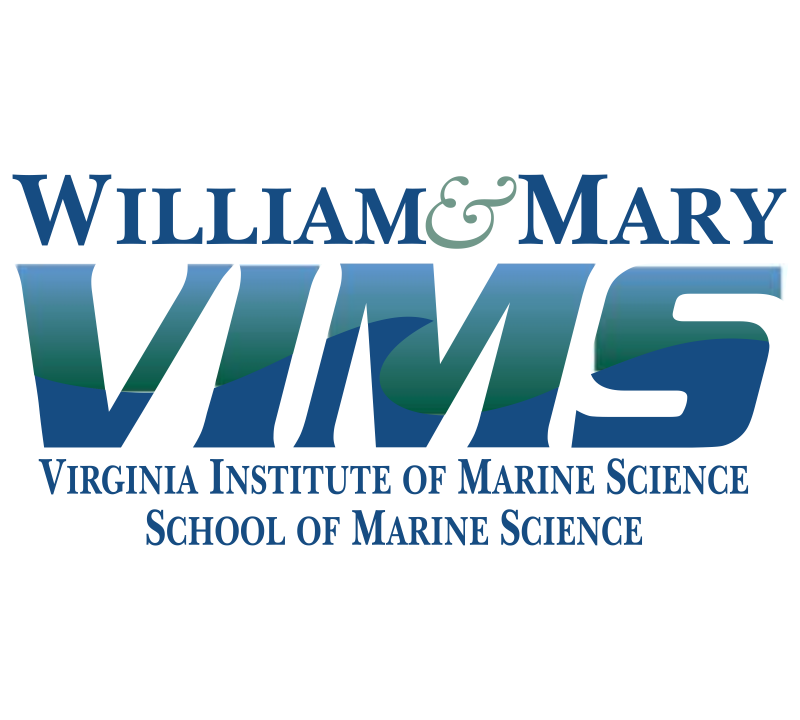
Explore Background information on topics including Biology & Ecology, Physics, Chemistry & Geology, Climate & Atmosphere, Human Activities, Heritage & History, and Technology.
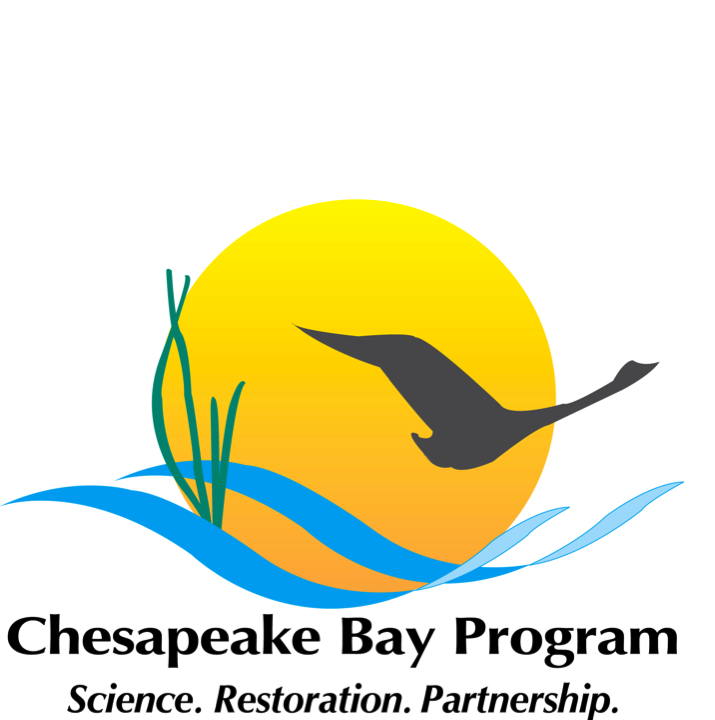
Field Guide: learn more about 250 species of birds, fish, insects, mammals, plants, reptiles, invertebrates, and amphibians in the Chesapeake Bay Watershed Facts & Figures: Discover details about the Chesapeake
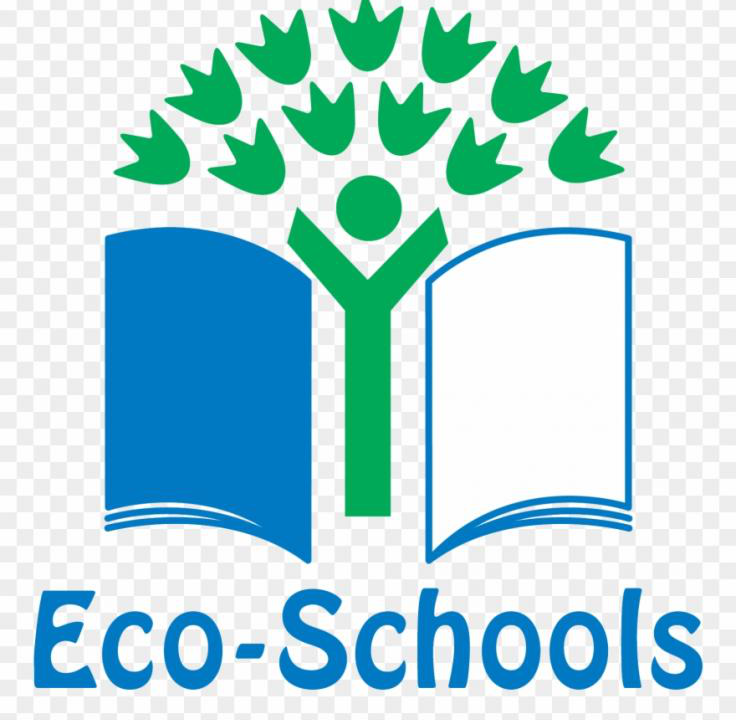
Register your school as an Eco School! Students learn environmental responsibility and how to take positive action. Includes Lesson Plans for teachers, Case Studies, Earth Charter for Education Guide, and
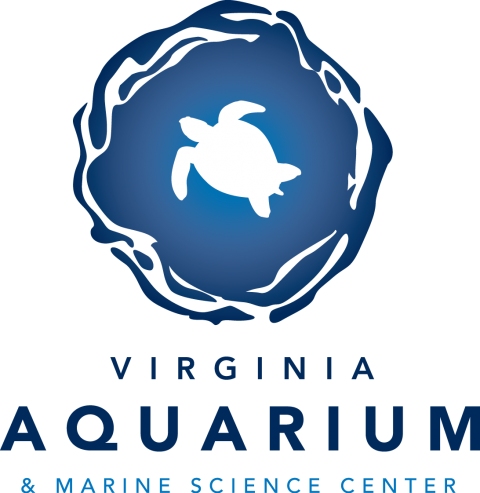
Rent Suitcase Science Kits on Life Cycles, Properties of Water, Animal Adaptations, Food Webs, Sea Turtle Science, and Climate Science in direct correlation with Science SOLs! Each suitcase kit from the
Notifications